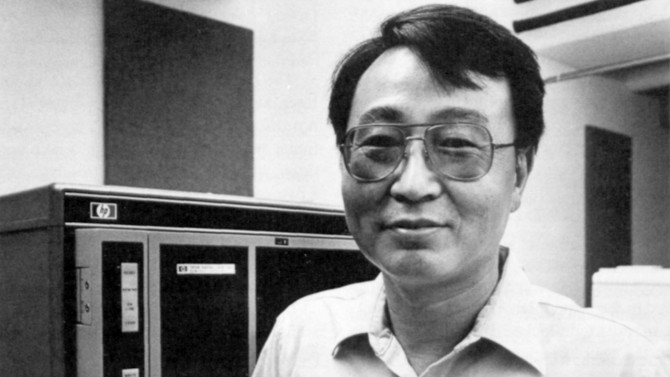Hwa Chung Torng, engineer who advanced CPUs, dies at 90
By Syl Kacapyr
Hwa Chung “H.C.” Torng, M.S. ’58, Ph.D. ’60, professor emeritus of electrical and computer engineering, who invented a mechanism that helped advance high-speed computer processing, died March 31 at the John Muir Medical Center in Walnut Creek, California. He was 90.
After earning a bachelor’s degree from National Taiwan University (1955), Torng came to Cornell where he earned master’s and doctoral degrees in electrical engineering before joining the faculty in 1960.
Popular courses taught by Torng included Computer Networks and Telecommunications as well as Processor Organization. He was a beloved educator who earned the Tau Beta Pi Commendations for Excellence in Teaching, was named the IEEE Cornell Student Chapter Best Professor three times and was a two-time recipient of the Ruth and Joel Spira Award for Excellence in Teaching.
Torng was a prolific researcher, publishing papers in the areas of computer architecture, network design and telecommunications. He spent sabbaticals at the renowned Bell Laboratories and served as a consultant to a number of industrial organizations, including IBM. In 1977, he was named the first Intel Academic Research Fellow “for his contributions to the state of the art in high-speed instruction decoding and execution.” He would later become an IEEE Fellow and receive the Golden Core Member Award and the Meritorious Service Award from the organization.
In 1982, Torng invented a mechanism that enables computer microprocessors to function significantly faster by executing multiple instructions simultaneously and out of program order, instead of one at a time. The “Instruction Issuing Mechanism for Processors with Multiple Functional Units” was patented by Torng through Cornell and was at one time the seventh most-cited computer hardware patent in the United States. This pioneering work has had a lasting impact in both academia and industry.
With proceeds from the patent, Torng and his wife, Bung Fung Lee, established several scholarships and founded the Torng Lee Charitable Fund, both of which are dedicated to creating wider access to education. Torng’s struggles with funding his own academic pursuits earlier in his life gave him a deep and personal appreciation for the impact scholarships can have, according to his family.
At Cornell the couple endowed the Torng Lee Scholarship, which was conceived in September 2001 to provide needs-based access to undergraduate programs at Cornell, and which gives priority to families of New York City first responders who served during the 9/11 attacks. To this day, the Torng Lee Scholarship has helped nearly 50 students attend Cornell and continues to support multiple students every year.
Also at Cornell, the couple endowed the Bung Fung Lee Torng Graduate Student Award, awarded annually to a graduate student in mathematics for outstanding work as a teacher; and the Stephen Chase Graduate Professional Development Fund, named in honor of Professor Emeritus Stephen Chase, which supports graduate students in mathematics in pursuing professional development opportunities.
Torng served as Cornell’s electrical engineering graduate field representative from 1990 to 1993 and introduced innovative recruiting and admission policies. Following that term, he received a grant from the National Science Foundation, with matching funds from the provost, to initiate a doctoral program for students that included underrepresented minority groups.
Torng retired from Cornell in 1999 and moved to Walnut Creek, where he and Lee managed their charitable efforts with the support of friends and family.
Torng is survived by his wife; his sons, Cliff and Eric; their wives, Annette and Patricia; and three grandchildren, Zachary, Khulan and Annika.
Syl Kacapyr is associate director of marketing and communications for Cornell Engineering.
Media Contact
Get Cornell news delivered right to your inbox.
Subscribe
